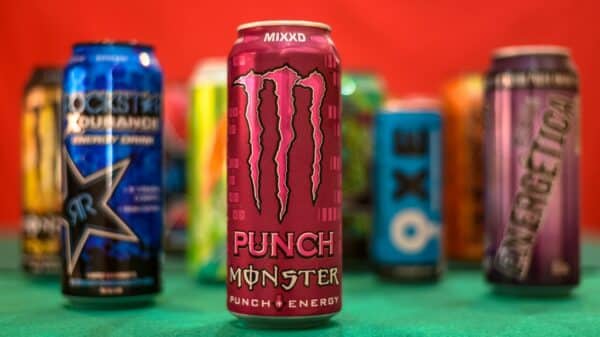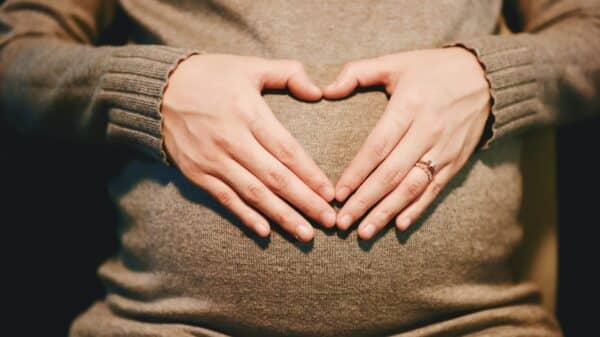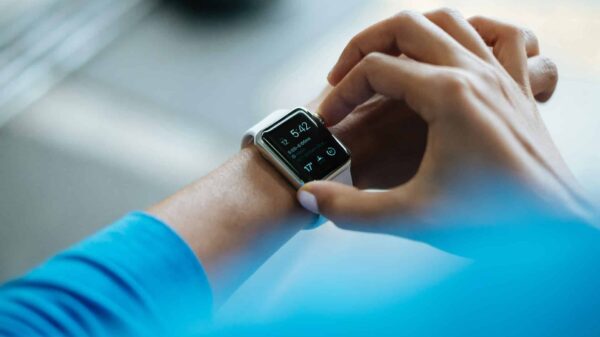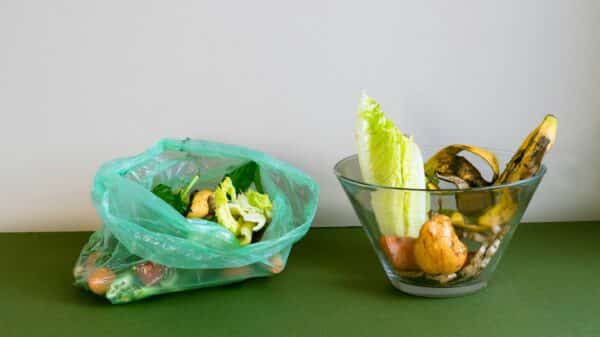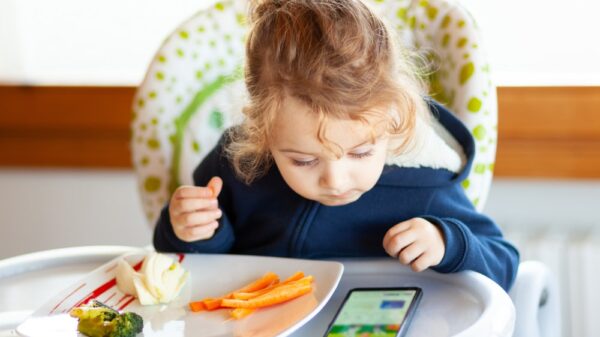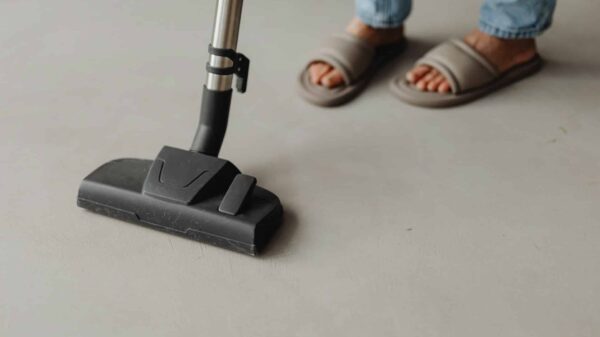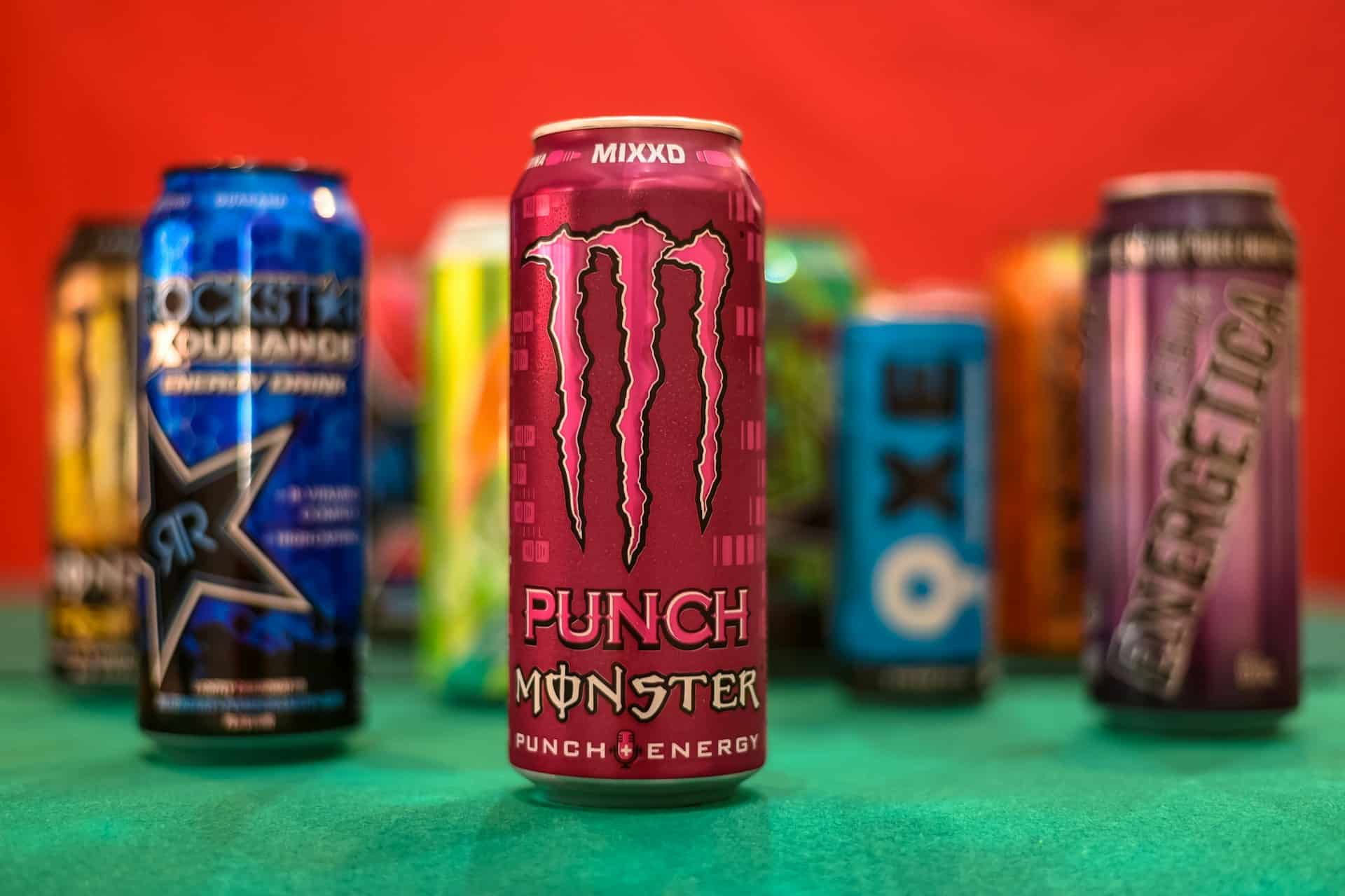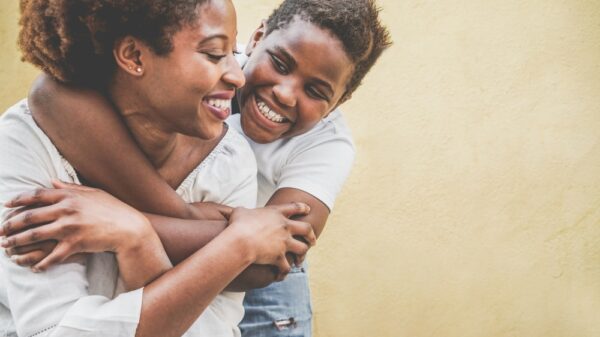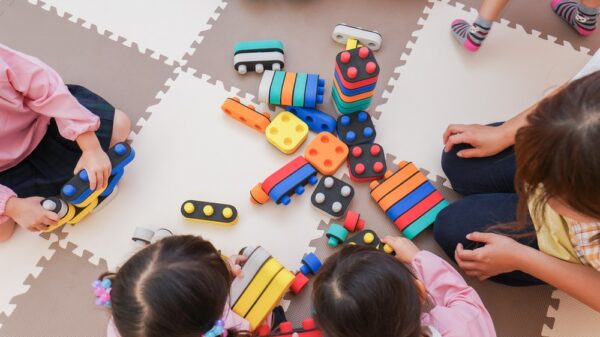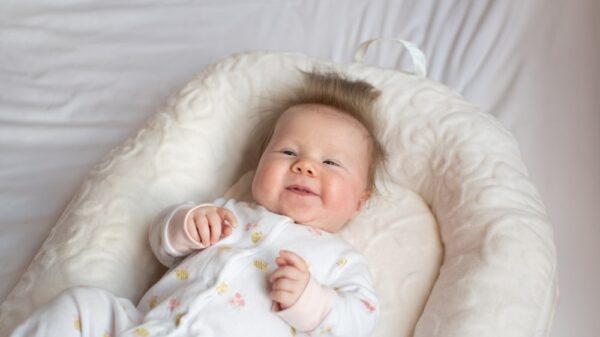**Elizabeth*, 32, has relied on stimulant medications since she was in third grade. During her first pregnancy in 2020, her doctor advised her to stop taking her medications, a difficult decision that she nonetheless felt she had to make. “I told myself and my husband that to be the best mother I could be during pregnancy, I had to make this sacrifice. It was something I had to do for myself and for my son.”**
However, when it came to her second pregnancy, the thought of managing a toddler without her stimulants felt daunting. She found solace in conversations on Reddit, where fellow mothers shared their experiences with continuing medications during pregnancy, and each update about healthy babies boosted her morale.
Elizabeth stayed informed amid the sparse research—largely due to ethical concerns surrounding double-blind studies with pregnant women. A recent study published in *Nature* revealed no significant long-term adverse outcomes for children exposed to ADHD medications in utero, while a 2020 systematic review reached a similar conclusion, albeit with insufficient data for strong recommendations. It’s crucial to recognize that although medications carry risks, such as Adderall being linked to lower birth weights and premature delivery, the protective benefits for the mother should not be overlooked.
After weighing the pros and cons—like low birth weight and early labor versus the overall improvement in her well-being—Elizabeth consulted her psychiatrist, who supported her decision to resume stimulant use after her first trimester. “It truly helped me feel like myself again,” she stated. Even though she was advised to have additional growth scans due to the risks of low birth weight, she took comfort in knowing her daughter arrived healthy at 8 pounds, 11 ounces.
Although she felt assured in her decision, Elizabeth chose to keep it largely to herself, confiding in her husband and a few close friends. “I wouldn’t feel comfortable sharing this with just anyone,” she shared. “It still evokes a sense of shame for me.” According to the CDC, the use of ADHD medications such as Ritalin and Adderall among pregnant women in the U.S. has significantly increased, with many expecting individuals opting to maintain their medication, herself included.
**“It was my first taste of something I would soon become more and more familiar with: mom guilt.”**
When I spoke with Shannon Clark, MD, a maternal-fetal medicine specialist, she attributed this trend to better diagnostic practices for adult-onset ADD/ADHD and a rapidly evolving conversation around medication usage in pregnancy. “People are beginning to ask more questions,” she observed. “What do we truly know about this medication? What are the risks versus benefits? Patients are advocating for themselves more than before, rather than simply accepting the advice to stop everything because they’re pregnant.”
Her perspective resonated with me. After suffering a traumatic brain injury, I began using stimulants, and on days without them, I felt like a diminished version of myself. When I found out I was expecting, joy swept over me, mixed with worry: How could I go through 40 weeks of pregnancy without the daily 40 mg of Ritalin that had been my anchor for years?
Amidst this emotional upheaval, guilt also crept in, stemming from feeling preoccupied with my need for medication instead of prioritizing the health of the tiny potential life growing inside me, which started as small as a poppy seed. This marked the beginning of an emotion I would soon know all too well: mom guilt.
Given my history of mental health challenges, including depression and anxiety, I was referred to a perinatal psychiatrist at UCLA’s Maternal Outpatient Mental Health Services (MOMS) Clinic, who became crucial to my journey. In our first meeting, I expressed my fears about functioning without Ritalin and the increased anxiety I faced. I worried that my mental health issues might create an unhealthy environment for my baby.
Together, we crafted a strategy: I would avoid stimulant use during the first trimester, recognized as a crucial phase of early development. After 12 weeks, I could gradually reintroduce Ritalin. I left the session feeling conflicted, nervously fidgeting with my nails.
On one side, I felt relief knowing I could take Ritalin safely for my child, but guilt lingered. Doctors, along with my husband and sisters, reminded me that poor maternal mental health could also pose risks, and I acknowledged their validity. Nonetheless, I fretted that choosing Ritalin indicated I had already faltered in the first challenge of motherhood.
**“What pregnant individual is not judged?” Clark asked me. “Everybody has something to say about somebody’s uterus and what’s inside it.”**
The shame felt by Elizabeth—and myself—has various origins. Much of the stigma arises from outdated misunderstandings about attention-deficit disorders, including the fallacy that they only affect children or predominantly boys and men, or that lack of focus results from a lack of willpower. ADHD is often not seen as a serious condition, with discussions primarily focusing on its influence on work performance rather than daily functioning. “People tend to label it as laziness,” Elizabeth remarked.
“What pregnant individual is not judged?” Clark reiterated, stressing that people quickly voice opinions about others’ pregnancy choices. She underscored the need for more research but noted that perceptions about balancing risks to both mother and fetus have improved since her early days in OBGYN training. “To prioritize the fetus above the pregnant individual is a disconnect,” she argued. “After all, it’s the mother who nurtures that fetus. Neglecting her well-being is, by default, neglecting the fetus’s health.”
Clark clarified that my choice to continue taking Ritalin arose from worries that stopping it might escalate depression and anxiety, negatively affecting my baby. Even though my psychiatrist assured me that maintaining good mental health was crucial for my child’s welfare, I found myself doubting the decision, wishing I could cope without medication and feeling guilt for not being able to do so.
The dialogue surrounding stimulant use during pregnancy is a multifaceted challenge: misunderstandings about the conditions involved, a lack of existing studies, and the inclination to judge the decisions of pregnant women. Much of the scrutiny is self-imposed, intertwined with feelings of responsibility, guilt, and shame that have colored my pregnancy and motherhood experiences. However, change is underway, and I remain optimistic that as more pregnant individuals continue to use stimulants in consultation with their healthcare providers and as further research emerges, the stigma will diminish.
In the end, I delivered a healthy baby girl, weighing a typical 8 pounds, 11 ounces, at full term. Now that my pregnancy is behind me, I am convinced that my ability to take Ritalin, which helped me navigate my struggle with hyperemesis gravidarum, positively influenced my maternal health. By prioritizing my well-being, I believe I created a healthier environment for my daughter as well.
Fortesa Latifi is a journalist currently working on a book about family vloggers and child influencers. Her contributions include writings for *The Washington Post*, *The New York Times*, and *Teen Vogue*, among others. You can follow her on social media @hifortesa.

